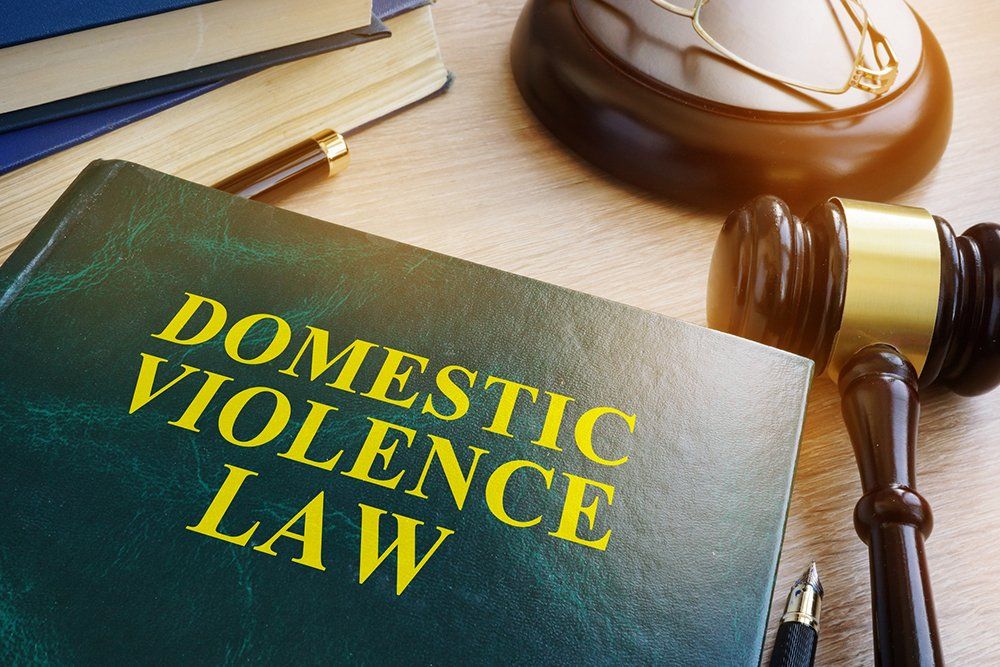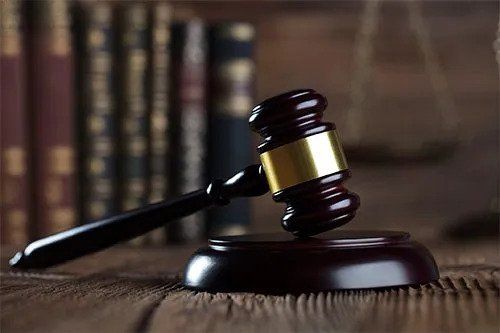What to Know About Clearing Your Criminal Record
New Many people make mistakes that lead to criminal prosecution. Even a minor crime on your criminal record can prevent you from getting the job you want or qualifying for the loan you need. Luckily, the legal system provides options to help people who are trying to get back on the right track. By expunging your criminal record, you can improve your situation. To learn more about this process, keep reading.
What Is Expungement?
When you are convicted of a crime, anyone who checks your criminal record can see it, which may prevent you from getting jobs or other benefits. For this reason, many people look into expunging their criminal history.
When a crime has been expunged, it no longer appears on your criminal record. Therefore, you no longer must disclose it when applying for a job. Plus, if the employer performs a criminal background check, they usually won't see the crime or the expungement.
There are some rare instances when the crime or the expungement will still appear. For example, certain licensing boards can investigate the expunged records of job applicants to ensure safety and security.
When Can Crimes Be Expunged?
For starters, in most cases, only state crimes can be expunged. Getting a federal crime expunged is incredibly rare. This is largely due to the fact that expungement is controlled by the states, and there are no federal statutes governing expungement proceedings at the federal level. Naturally, because each state controls the expungement proceedings, the qualifications vary from state to state.
To qualify for expungement in most states, you must have already finished serving your entire sentence. In many cases, the courts also give you a waiting period that could be as long as several years. During that time, you should not commit another crime.
What Can and Can't Be Expunged?
Most minor crimes can be expunged, such as your first DUI or a minor burglary or theft. Naturally, the less serious the crime, the easier it is to get expunged. However, some crimes are simply not eligible for expungement. For starters, these include any class A felony offenses, such as assault in the first degree. In addition, any offense that requires the person to register as a sex offender cannot be expunged.
Other crimes that can't be expunged include misdemeanor or felony of domestic assault, felony offense of kidnapping, felony where death occurs, child abuse, and arson in the first degree.
Is Expungement the Same as Being Innocent?
In most cases, expunging a crime hides it from everyone, but it is not the same as saying you are now innocent of the crime. Expungement simply seals the records, but exoneration absolves you from the crime. In this type of proceeding, the courts take back the criminal conviction.
Expungement is also not the same as a pardon. A pardon is given by the executive branch of the government, such as a governor or the president, but expungement is only handled by the judicial branch: the courts.
The benefit to a pardon is that it can be given for any crime (including those that can't be expunged). However, while expungement clears your criminal record to make it look spotless, a pardon doesn't clear your criminal record; it simply prevents you from receiving punishment (or reduces the punishment).
If you've been convicted of a crime and it's holding you back, you may want to consider expungement. While some crimes can't be expunged, many common crimes can after you've completed your sentence. For more information, or if you want to get your record expunged, contact us at David Naumann & Associates today.









